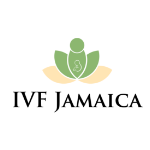This method differs from the traditional method of insemination (Standard-IVF) which involves combining 50-100 thousand sperm with eggs in a petri dish and checking for fertilisation 15-18 hrs later.
Indications for the ICSI method are:
Severely low sperm count
Abnormal sperm morphology
Poor sperm motility
Previous IVF treatment with no or poor fertilization
Sperm collected by surgical methods
Vitrified (frozen) eggs
As with all procedures, there are risks with ICSI:
- Eggs may be damaged during the ICSI procedure
- Not all eggs collected may be suitable for injection
- If the source of male infertility is due to a genetic condition, offspring conceived by ICSI may inherit the condition
